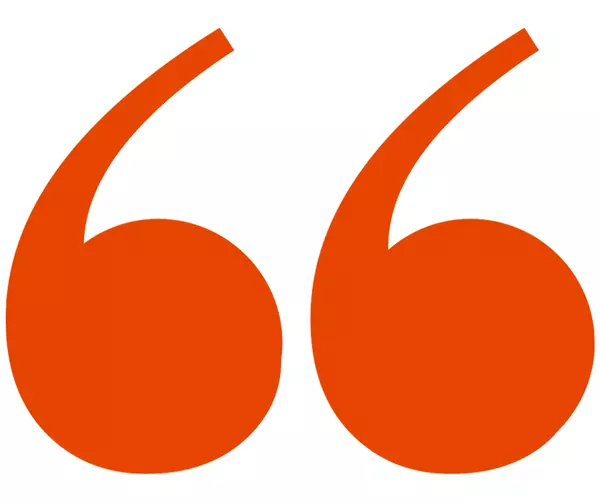
An Email to a Client About Buying and Selling in Our Slow Market
My clients, who want to buy and sell a new home, asked me if it were better to act now or wait until spring. Ultimately, as I'm not omniscient, there is no 'right' answer to give. But this is how I view it - a 'bird in the hand' approach. This email was a couple of weeks ago. My clients, in the

VIDEO! Do rising foreclosures mean a crash?
There's been a lot of talk for a year or so about the troubles with the real estate market: the crash is coming, it's 2008 all over again... oh my! Here's one minute of thought on that subject.
Categories
- All Blogs (15)
- Buyer (7)
- Economics (2)
- Financing (5)
- Holiday (1)
- Investor (3)
- Lake Oswego (1)
- Loan (4)
- Molalla (1)
- Mortgage (4)
- Neighborhoods (1)
- Portland Oregon (2)
- Pre-approval (3)
- Pre-qualify (1)
- Real Estate Knowledge (7)
- Real Estate Market (5)
- Real Estate Terms (1)
- Seller (4)
- Things to do in Portland Oregon (2)
Recent Posts

An Email to a Client About Buying and Selling in Our Slow Market

Oregon Property Taxes

Living in Lake Oswego

Why Your Portland-Area Home isn't Selling as Fast as You'd Like

VIDEO! Do rising foreclosures mean a crash?

The Life of an Escrow Infographic

What's the Minimum Amount I Need to Buy A House?

Holiday Event Guide Portland, Oregon Area 2022

Molalla Real Estate Update

Why Do People Think the Real Estate Market Will Crash?
